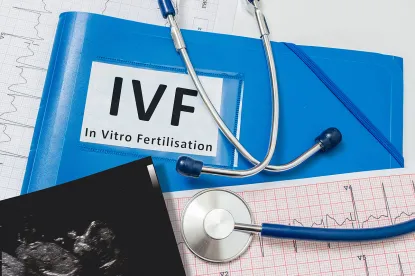A non-genetic, non-gestational legal parent of a child born through assisted reproductive technology (ART) outside of the United States may transmit U.S. citizenship to the child under certain circumstances, U.S. Citizenship and Immigration Services (USCIS) Director Ur Mendoza Jaddou has announced.
Director Jaddou, the first woman to be appointed to that position, made the announcement in one of her first official acts following Senate confirmation on July 30, 2021.
Citizenship may be transmitted if:
-
The parent is married to the child’s genetic or gestational parent at the time of the child’s birth; and
-
The relevant jurisdiction recognizes both parents as the child’s legal parents.
This is the latest in a line of complex policy changes that have started to recognize the realities of modern families.
In 2014, USCIS recognized gestational mothers who used ART as meeting the definition of “mother” or “parent” in immigration law even if the mother had no genetic connection to the child. As far as transmitting U.S. citizenship to a child born abroad, surrogacy was considered an “out of wedlock” birth (even if the legal parents were married). For transmission to occur, the child had to have a genetic or gestational relationship to a U.S. citizen parent.
By May 2021, the denial of U.S. citizenship to one twin born to same-sex parents because that twin did not have a biological connection to the U.S. citizen parent (although the other twin did) led to another change in the guidelines. Same-sex or heterosexual parents of children born abroad using in vitro fertilization or surrogacy could transmit U.S. citizenship if the parents were married and the child had biological ties to at least one of the parents. The biological tie could be to a non-U.S. citizen parent.
Pursuant to USCIS’ new policy, a child’s genetic parents (or the legal gestational parent and one of the genetic parents) do not have to be married to one another for a child to be considered born “in wedlock” for family-based immigration petitions. Director Jaddou stated, “USCIS is taking a crucial step towards ensuring fair access and support for all families and their loved ones . . . . We are committed to removing unnecessary barriers promoting policies for all people as they embark on their journey to citizenship and beyond.”




 />i
/>i

